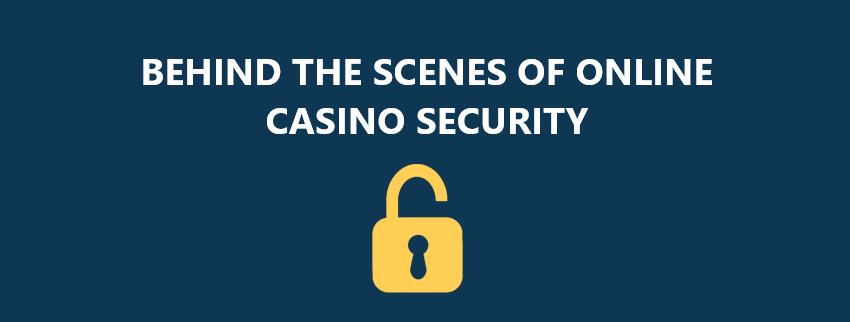Online casinos have become extremely popular since the turn of the Millennium. Unlike traditional land-based casinos, which were reserved for the elite few, anyone with an internet connection and a smartphone, tablet, or computer can gamble online anywhere, anytime.
Online casinos are a treasure trove of financial transactions and personal data, making them a top target for cyberattacks and online fraud. Without sufficient security measures, hackers can access the platform, leading to identity theft or money leakage.
So, how do gambling sites like the new online casino at Lottoland keep players and their data secure? In this article, we dive into the inner workings of online casino security to help you understand how these virtual establishments ensure a safe and trustworthy online gaming experience.
The Basics of Online Casino Security
Online casino security has come a long way since the early days of internet gambling. Below, we discuss the fundamental technologies and policies that power online casino security to help you understand what goes on behind the scenes.
- Digital Encryption
Money and sensitive data — including personal information, financial details, and game outcomes — are always at risk when transacting online. Online casinos recognize this threat and use digital encryption technologies, such as SSL (Secure Sockets Layer) or TLS (Transport Layer Security), to transmit information through the internet without the risk of exposing sensitive data to hackers and other online threat actors.
Digital encryption technologies scramble communication between your device and the casino’s servers. That way, even if hackers were to intercept the information somehow, they wouldn’t be able to make heads or tails of it.
- Secure Banking Options
Online casinos must ensure the secure funds transfer between the casino and players. To that end, these digital establishments offer an array of world-class banking options for deposits and withdrawals, including credit cards, e-wallets, and cryptocurrencies. These payment options incorporate multiple layers of security, such as encryption technology, two-factor authentication (2-FA), and fraud detection and prevention systems to protect money and data for both parties.
Online casinos also use secure payment gateways, such as PayPal, Skrill, or Neteller, to ensure safe and efficient transactions online. Along with the aforementioned security measures, secure payment gateways are essential to an online casino security framework.
- Anti-Fraud Detection
Anti-fraud detection in online casinos is another crucial aspect of online casino security. These online establishments face all manner of threats and challenges from fraudsters, cheaters, and even unscrupulous employees who may try to exploit the system or manipulate online casino games. Online casinos use advanced fraud detection and prevention systems to protect their money, reputation, and players.
Anti-fraud detection systems are software solutions that monitor player behavior to flag and prevent fraudulent activities in online casino settings. An effective anti-fraud detection system can prevent malicious activities, including credit card fraud and identity theft.
- Random Number Generators (RNGs)
When it comes to online gambling, nothing is more important than trust. Players need to know that casinos are dealing fairly with them. So, in addition to keeping players and their data secure, online casinos need to ensure that their players don’t feel cheated when playing for real money online. That’s where random number generation comes in.
Random Number Generators (RNGs) are complicated proprietary technologies online casinos use to generate random outcomes in games like slots and roulette. RNGs ensure that casinos don’t manipulate online slots and games for their own advantage, providing a genuine game of chance where any player can win.
- Regulatory and Licensing Requirements
In addition to all the above technologies, online casinos are subject to strict regulatory and licensing requirements designed to enhance security and fairness further when gambling online. These are a set of standards and rules enforced by reputable authorities such as the Malta Gaming Authority or UK Gambling Commission and often have stringent requirements regarding personal data protection, security incidents, and reporting timelines.
Regulatory and licensing requirements ensure that service providers follow the principles of security, fairness, and user protection in all their dealings. Gambling websites must comply with these requirements to promote safer gambling when operating legally and ethically.
Conclusion
With real money and plenty of personal data up for grabs, online casinos are a rich hunting ground for hackers and other online threat actors. With these security technologies and measures in place, online punters can rest assured that their money and sensitive data are secure when enjoying a game of slots from the comfort of their homes.
